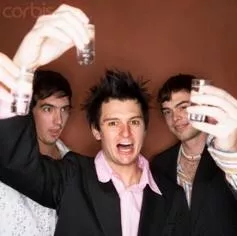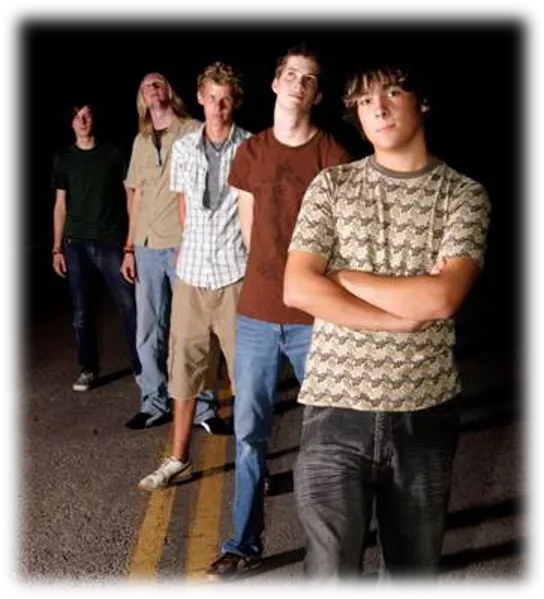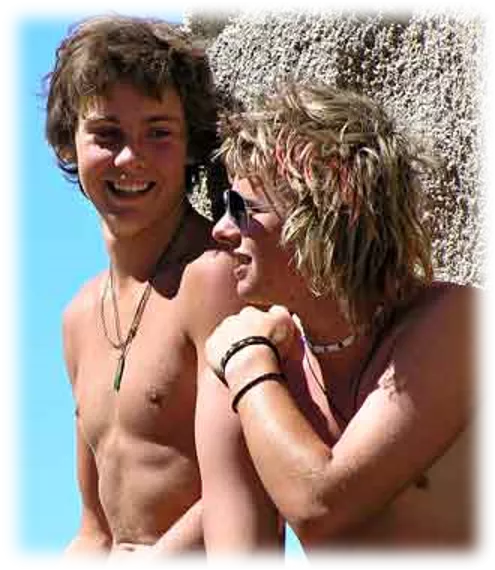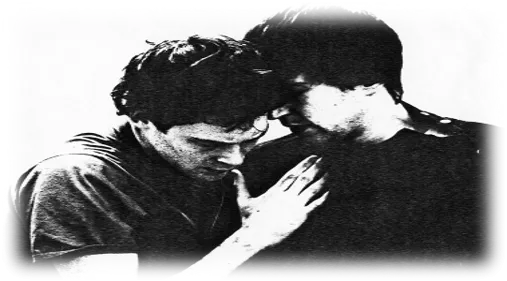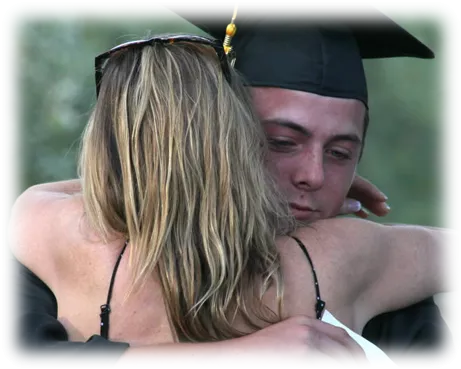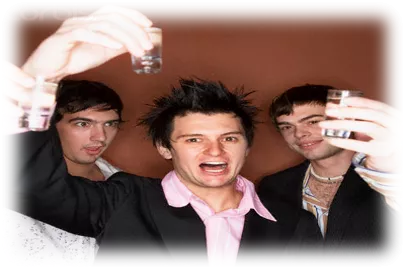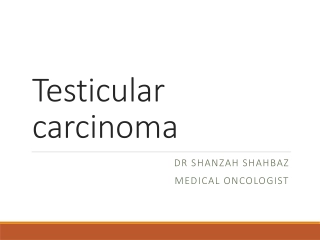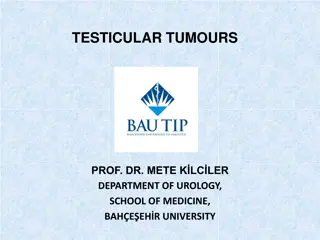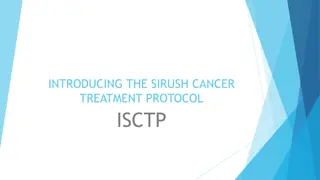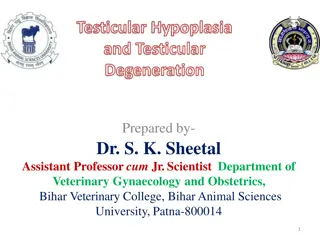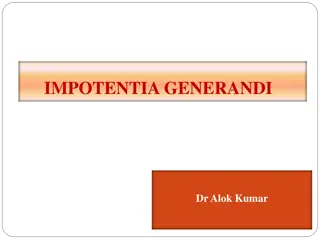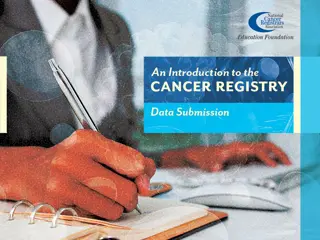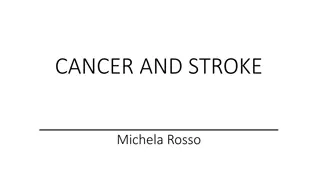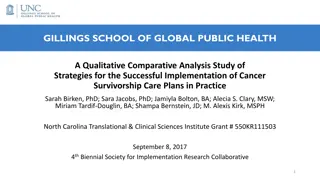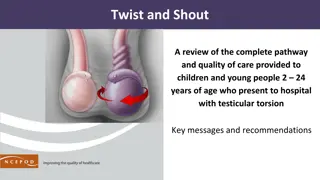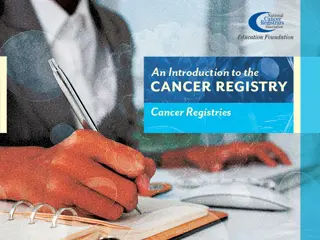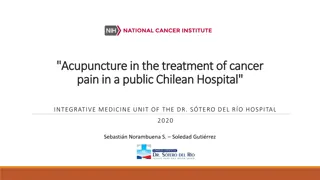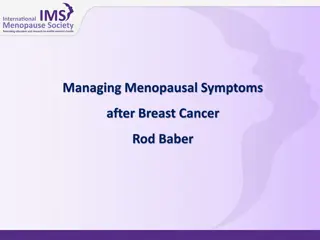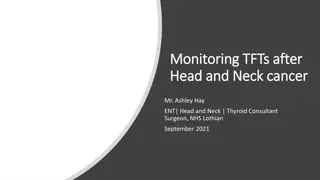Survivorship Issues and Treatment Advances in Testicular Cancer
Testicular cancer poses challenges impacting fertility, sexuality, and body image. Treatment involves chemotherapy, surgery, and clinical trials. Survivorship issues include early problems, toxicities, and late effects, highlighting the need for life-stage support. Innovations in tailored chemotherapy schedules and surveillance programs aim to improve outcomes and address patient concerns regarding body image and sexuality.
Download Presentation

Please find below an Image/Link to download the presentation.
The content on the website is provided AS IS for your information and personal use only. It may not be sold, licensed, or shared on other websites without obtaining consent from the author. Download presentation by click this link. If you encounter any issues during the download, it is possible that the publisher has removed the file from their server.
E N D
Presentation Transcript
Dr Hilary Williams SpR in Medical Oncology
Impact life threatening illness Loss testicle, fertility, sexual function Chemotherapy Hospital Economic/Educational impact
What are the key survivorship issues in testicular cancer? Early problems, Chemotherapy toxicities, Late effects How do we address these issues while providing appropriate life-stage support?
~ 15% of 19-24 TYA group have testicular cancer Incidence in Europe rising by 10-20% every 5 years 100 - 120 new patients a year at Bristol Haematology and Oncology centre All cases from ASWCS network (population 2.1 million) seen and treated in Bristol Supraregional service for Southwest - MDT discussion and retroperitoneal surgery (specialist urology surgery) Links with Cheltenham, Exeter, and Plymouth
Testicular mass and orchidectomy Staging CT scan Metastatic disease Early stage disease BEP combination chemotherapy curative intent Short course adjuvant chemotherapy Active surveillance Retroperitoneal surgery Palliation Active NCRI clinical trials programme leading to tailored attenuated chemotherapy schedules and surveillance programmes e.g. TE111- 1 cycle adjuvant BEP vs. 2 cycles in stage 1 NSGCT
Body image and sexuality Orchidectomy cancer All I want for Christmas is a pair of swinging balls Men surveyed, about prosthesis , about 1/3 accepted implant, about 1/3 not offered, about 1/3 with a prosthesis dissatisfied: vast majority felt it was extremely important to be offered an implant. Hairloss Have men been overlooked? A comparison of young men and women's experiences of chemotherapy alopecia. You lose all your arm hair, you lose your pubic hair and then your body hair and your leg hair and your toe hair, everything is completely gone, said one respondent. Another likened himself to a plucked chicken . Body image and sexuality Orchidectomy primary treatment of testicular cancer All I want for Christmas is a pair of swinging balls Men surveyed, about prosthesis , about 1/3 accepted implant, about 1/3 not offered, about 1/3 with a prosthesis dissatisfied: vast majority felt it was extremely important to be offered an implant. Rustin et 2004 Hairloss: universal with BEP chemotherapy Have men been overlooked? A comparison of young men and women's experiences of chemotherapy- -induced alopecia. Hilton 2007 You lose all your arm hair, you lose your pubic hair and then your body hair and your leg hair and your toe hair, everything is completely gone, said one respondent. Another likened himself to a plucked chicken . primary treatment of testicular Rustin et 2004 : universal with BEP chemotherapy induced Hilton 2007
Research needed Hospital Frequent clinic attendance & how to individualise needs Terrified, isolated and bored in adult inpatient units: deep distress , Grinyer 2006 Education, employment and financial impact Relationship with family loss of independence Mortality and adjustment crisis Young men prefer to suffer in silence Institute of cancer research 2001
Standard chemotherapy - BEP (bleomycin, cisplatin and etopside) ~ At 2 years following treatment around 20% men experience toxicity e.g. peripheral neuropathy and raynaud s phenomenon, tinnitus and hearing loss (Fossa 2004) Genetic polymorphisms linked to cisplatin and bleomycin toxicities have recently been identified Future tailored treatments , identification of risk factors and useful interventions Intensified chemotherapy for relapsed/poor prognosis disease, including high dose chemotherapy & autograft Minimal data on toxicity Toxicity higher with cumulative dose
Secondary cancers 4 cancer registry studies published 2005-2007 Increased risk of solid tumours, including colon, bladder, pancreas, stomach, lung (e.g. standardized incidence ratio of 2.0 or higher) Increased risk of leukaemia Younger patients at higher risk e.g. the earlier the treatment the higher the risk High risk group - infra-diaphragmatic radiotherapy and chemotherapy, develop cancers in treatment field Excess cardiovascular disease - ? exact risk Mechanism - chemotherapy related endothelial damage and metabolic effects of low testosterone May be mediated by increased risk of metabolic syndrome High risk group: those who have received over 850mg cisplatin
Sperm storage Advised pre chemotherapy This is not the way it is supposed to happen, conceiving a child is supposed to be wreathed in hope, not this sad, solitary, desperate procedure- This was one of the most distressing and utterly cheerless experiences of my life Lance Armstrong 2000 Paternity following treatment Post treatment paternity rates ~ 70%, but 48% in high dose chemotherapy group (Brydoy 2005) 22% use of assisted conception Subfertilty or infertility may be present at diagnosis of testicular cancer- aetiology unknown
Quality of life and sexual function Quality of life Most men describe their quality of life as similar to age matched peers by 2 years following treatment But survivors do have more sexual problems, and increased risk of anxiety disorder (young patients at higher risk) Appropriate tools e.g. mobility score or ability to dress Gonadal and sexual function Low testosterone levels in 10-16%, associated decreased quality of life: research needed Common clinical problem, little accurate prospective data, retrospective questionnaire data conflicting
Staff education Help staff understand the very individual, changing and sometimes unpredictable needs of this patient group Assess our service & benchmark others Are we offering both practical and age specific support around some of the difficult issues (e.g. sperm storage, reduced fertility and sexual function) Rational assessment of late effects Record and address late effects Identify who is at most risk (e.g. young age diagnosis and intensive chemotherapy) and how to intervene (e.g. smoking)
Opportunity to Identify life-stage psychosocial issues and provide appropriate support during and after treatment Engage with Survivorship strategies Focused research on reducing treatment toxicity and identifying needs & acting on results
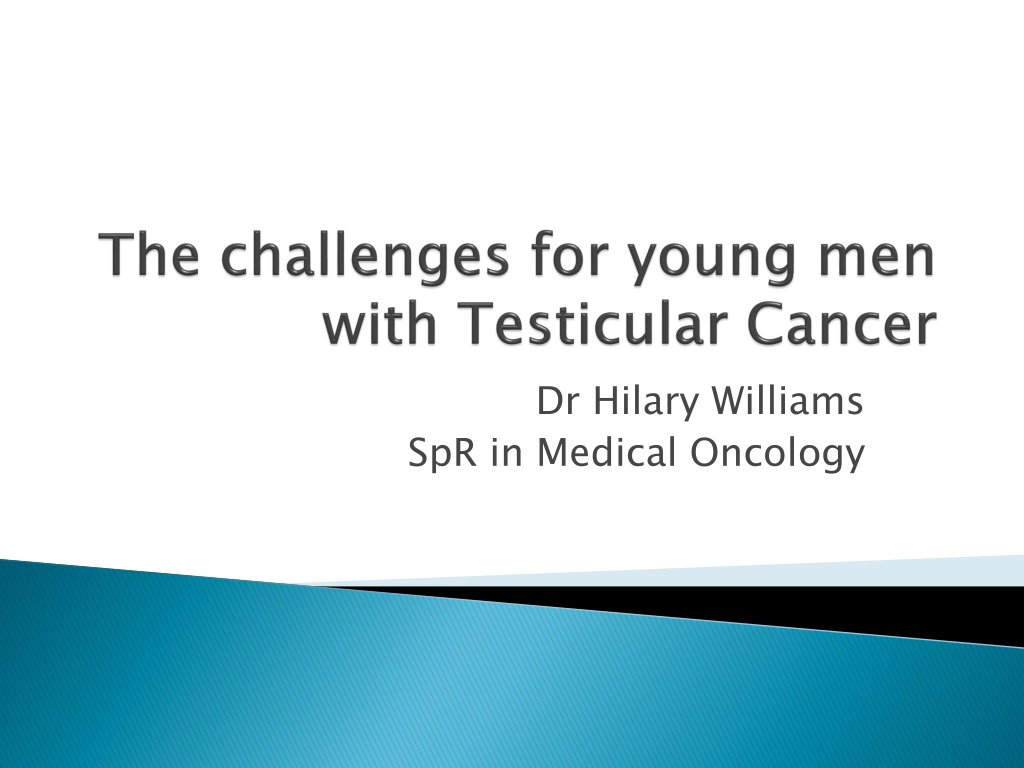
 undefined
undefined







